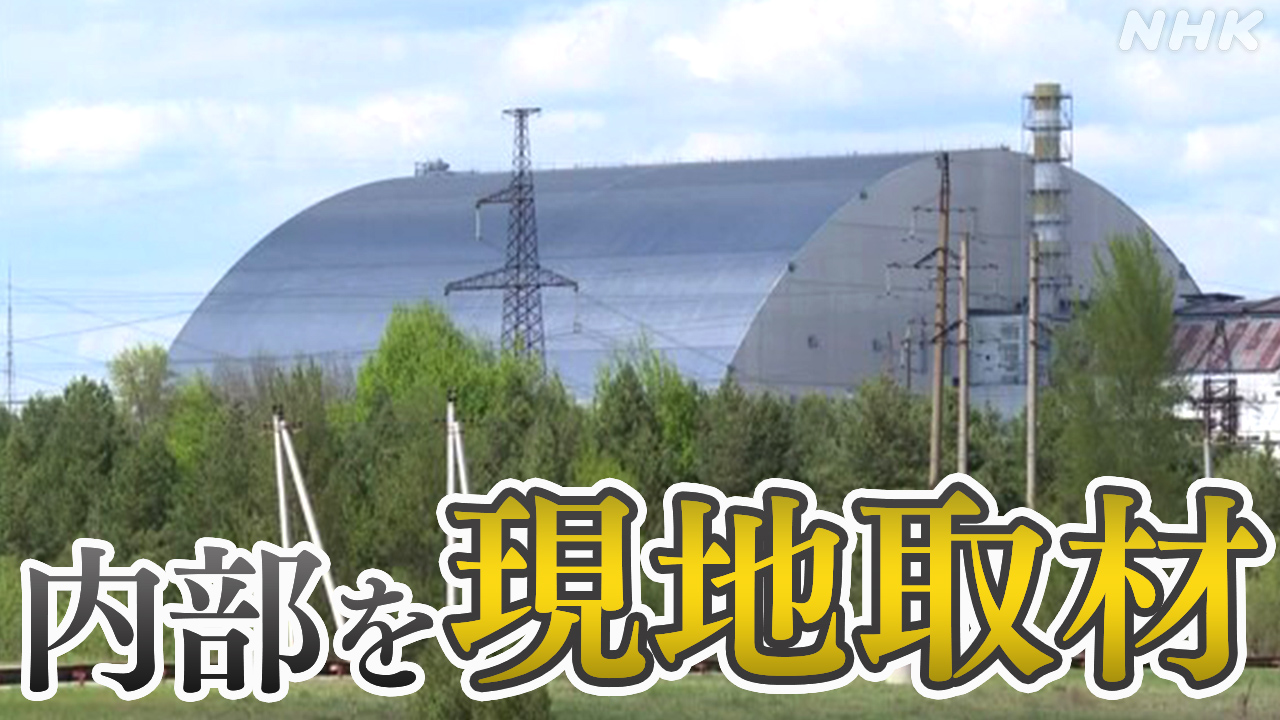Russia's Attack on Chernobyl: The Concerning State of the Shelter
The ongoing conflict in Ukraine has raised serious concerns about the safety and security of the Chernobyl Exclusion Zone, the site of the 1986 nuclear disaster. Russia's invasion and subsequent occupation of the area have jeopardized the integrity of the sarcophagus sheltering the damaged reactor, raising alarm bells globally about potential radiological consequences. This article will delve into the current state of the Chernobyl shelter and the wider implications of the conflict on nuclear safety.
The Precarious Situation at Chernobyl
The Chernobyl Nuclear Power Plant, infamous for the world's worst nuclear accident, was seized by Russian forces in the early days of the invasion. While the immediate impact on the nuclear reactors seemed minimal, the longer-term effects remain a significant cause for concern. The conflict disrupted the crucial monitoring and maintenance efforts vital for ensuring the continued safety of the sarcophagus, a crucial structure designed to contain the radioactive materials within the destroyed reactor.
Power Outages and Security Breaches
The occupation led to power outages at the Chernobyl plant, impacting the crucial cooling systems necessary to prevent a meltdown. This interruption, even if temporary, increased the risk of a catastrophic event. Furthermore, reports of security breaches and the presence of Russian troops near the highly sensitive areas raised fears of accidental damage to the sarcophagus or the surrounding radioactive waste storage facilities. The potential for further degradation of the structure and the risk of radioactive material escaping into the environment are substantial.
International Concerns and Monitoring Efforts
The International Atomic Energy Agency (IAEA) has expressed deep concern about the situation at Chernobyl. They have highlighted the dangers posed by the disruption of monitoring and maintenance operations and the potential impact on the long-term safety of the site. The IAEA, along with other international organizations, continues to monitor the situation closely, relying on limited data due to the ongoing conflict.
Challenges in Data Acquisition and Verification
The ongoing war has significantly hampered the ability of international monitoring agencies to accurately assess the situation at Chernobyl. Access to the site is severely restricted, making independent verification of reports challenging. This lack of real-time data creates uncertainty and amplifies concerns about potential risks.
Long-Term Implications and Future Preparedness
The consequences of Russia's actions at Chernobyl extend far beyond the immediate crisis. The damage to the shelter, even if minor, could have long-term repercussions, potentially requiring extensive and costly repairs. This incident underscores the fragility of nuclear safety in times of conflict and highlights the importance of robust international cooperation to prevent similar events in the future.
Lessons Learned and Future Nuclear Safety Protocols
The situation at Chernobyl serves as a stark reminder of the critical importance of maintaining stringent safety protocols at nuclear facilities globally. The incident emphasizes the need for enhanced security measures and robust emergency response plans to mitigate the risks associated with nuclear power plants in conflict zones or politically unstable regions. This experience will likely lead to a reassessment of international nuclear safety standards and practices.
Conclusion: A Wake-Up Call for Global Security
Russia's actions at Chernobyl serve as a grave warning about the potential consequences of military conflict on nuclear facilities. The ongoing uncertainty surrounding the state of the shelter underscores the urgent need for international cooperation to ensure the long-term safety of the site and prevent a potential environmental catastrophe. The world must learn from this experience to strengthen global nuclear security and prevent similar incidents in the future. The situation demands continued monitoring and international pressure to ensure the safety of Chernobyl and its surrounding environment.
Keywords: Chernobyl, Russia, Ukraine, Nuclear Disaster, Reactor, Sarcophagus, Radioactive, IAEA, International Atomic Energy Agency, Nuclear Safety, Conflict, War, Security, Monitoring, Environmental Catastrophe, Power Outage, Radioactive Material, Exclusion Zone.
